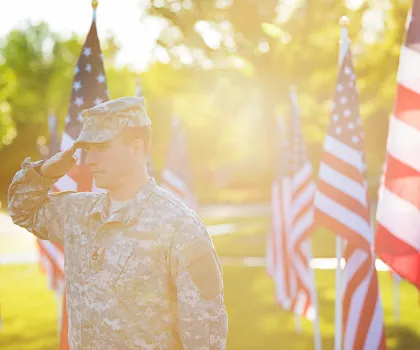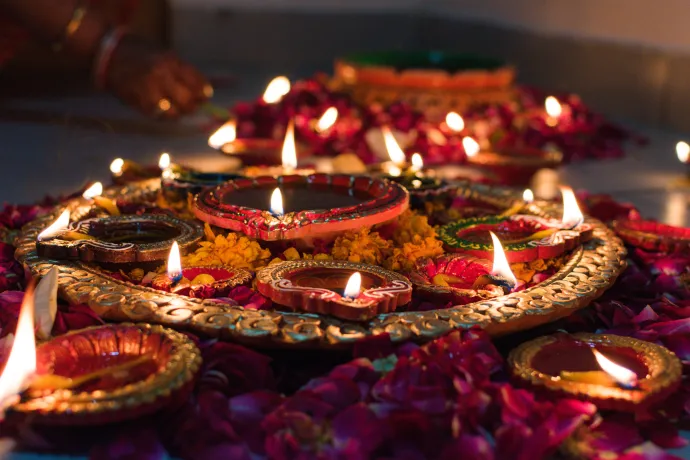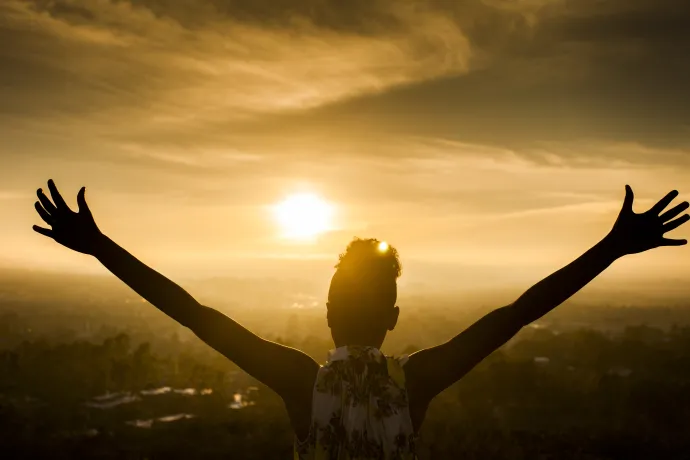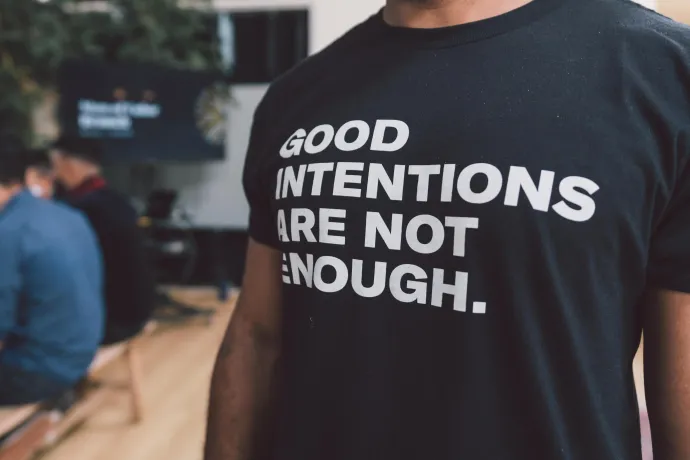The Quiet Wars That Veterans Face Long After Deployment Has Ended
On Veterans Day, Joe Gervais shares his chilling story of adjusting to civilian life after a tour of duty with the Marines in Kuwait.
On Veterans Day we honor our service members who have answered the call of duty, serving our nation all around the globe throughout our history. Often we focus on the wars, the battles, the stories of bravery under fire. But there is much more to veterans’ stories, the impacts on veterans’ lives far more widespread than what happened in the combat zone. That aspect of Veterans Day that is often overlooked. I want to bring attention to the quiet wars that veterans face, each and every day, long after our deployments have ended.
Once we’re back from the combat zone, the war doesn’t actually stop for many veterans. The battle just changes forms. For some the impacts are immediate and lifelong – wounds, PTSD, adjusting to life back in civilian society. Some impacts take years, decades, to reveal themselves. The physical and psychological effects of combat last a lifetime, and can arise long after you’ve forgotten how bad the MREs were.
Once we’re back from the combat zone, the war doesn’t actually stop for many veterans. The battle just changes forms.
As I write this, I’m going through chemotherapy for Stage IV cancer due to exposure to toxic chemicals on the battlefield. A battlefield from 1991 halfway around the world. My fellow Marines and I were operating under the burning oil fires inside Kuwait. The oil clouds and damp oily “fog” were so thick and dark that, at high noon on what should have been a clear day, we had to use flashlights to do our work. We breathed it, coughed it up, ingested it with our food. When the war was over we packed up and headed home. Mission accomplished. This summer, 27 years later, at peak health as a lifelong endurance athlete, I received my diagnosis. A diagnosis that doctors say is usually given to 70- and 80-year-old lifetime chain-smokers. I’ve never smoked a day in my life. I haven’t worn the uniform since 1995, but the battlefield doesn’t care.
This is not about me. It’s about all of us. It’s about our veterans, and how we as a country can honor their service and support their needs.
This is not about me. It’s about all of us. It’s about our veterans, and how we as a country can honor their service and support their needs. Even though PTSD is much better studied and understood now, too many of our veterans succumb to it. Suicide rates for veterans suffering PTSD are tragically high. Illnesses caused by exposure to Agent Orange claimed far too many lives of Vietnam veterans before it was finally acknowledged to be a life-threatening battlefield injury. Too often the story repeats itself. Some veterans finally give up. It is estimated that, each and every day, 20 veterans take their own lives. We can, and should, do better for our service members.
It is wonderful that we celebrate the bravery and self-sacrifice of our veterans under the most challenging of conditions. But let’s also remember that veterans need our support long after the deployment is over, long after the parade has ended. While we celebrate and give thanks to our veterans, many veterans are quietly struggling to make it through the day. Tragically, some won’t make it through that day. Casualties of a battlefield far, far away.
Semper Fi.







We encourage you to share your thoughts on your favorite social platform.